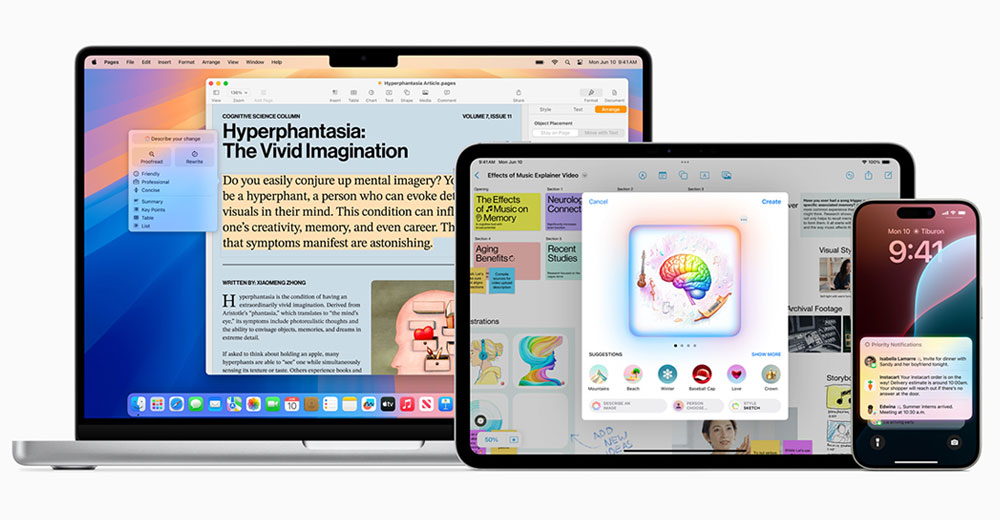The 1999 holiday shopping season may have boosted many online companies’ hopes for continuing growth, but the University of Pennsylvania’s Wharton School of Business says that such hopes may be unfounded.
In its 1999 Wharton Virtual Test Market, the school found that online personal spending is not increasing at the same rate it had been a year ago, even though total online retail spending is still on the rise.
The Wharton Virtual Test Market has tracked more than 23,000 panelists since 1997, including preliminary results from 791 participants who have been on the panel for all three years. By using same-sample studies over three years, the researchers were able to detect a longer-term pattern of spending than many one-time studies.
After 15 percent of 1997’s online shoppers dropped out in 1998, only half of those dropouts returned to the Internet in 1999, according to Jerry Lohse, research director of the Wharton Forum on Electronic Commerce.
On top of that, he said, new buyers are not stepping in as quickly to take their places. “No matter how well electronic retailers have done this holiday season, there are some fundamental factors that appear to be eroding the growth of spending and the growth of the market,” Lohse said.
The Forum is a group of more than 50 academics and business professionals who gather regularly to discuss relevant Internet topics.
Just Another Way of Shopping
The Wharton researchers suggest that the slowdown of spending per person may indicate that the newness and excitement of e-commerce is wearing off.
As online shopping is becoming “just another way of shopping,” some people are not deliberately deciding on one venue over another, the researchers suggest. Instead, they are shopping wherever it is most convenient at any given time. In that area, the Internet still wins out for many shoppers, depending on the item and where the shoppers live in relation to other shopping options.
According to the Wharton researchers, one reliable predictor of whether someone will buy a product online is the time that the shopper would spend traveling to the nearest store for that same item. The farther people are from the store, the more likely they are to shop online. That desire to save time, plus a “wired lifestyle,” are more important predictors of online buying behavior than demographics.
However, other observers, including the Clinton administration, would argue that demographics play a key role in establishing that “wired lifestyle” for some consumers over others. In a report released last summer, the administration found that lower income, urban families have less access to computers and the Internet than higher income, non-urban families.
Although the Wharton researchers attribute buying to a “wired lifestyle” irrespective of demographics, they do draw some similar conclusions to the Clinton administration’s report. The researchers argue, for example, that “increased experience with using the Internet, higher numbers of hours online at home, use of the Web for financial services and a significant reliance on e-mail all increased the likelihood of spending online.”
Implications
The most important upshot of this research may be simply that e-commerce forecasters would be wise to revise any predictions of overall spending that have been based on the assumption that existing Web consumers will continue to spend at the same rate.
Based on the latest Virtual Test Market survey, Wharton researchers estimate current levels of consumer online spending at about $29.2 billion (US$) and project that Internet retail sales will climb to $133 billion by January 2004.
“This may be time for a reality check,” Lohse said, but he added that further study could also be useful as new products and services continue to change the face, and appeal, of online commerce.
On the flip side, nagging issues such as privacy and security still must be addressed, the researchers said. Even among people who had shopped on the Internet during the early phase of the study, privacy concerns are the chief reason for scaling back that spending.
“People are primarily dropping out for privacy or security issues, or because they’ve had a bad shopping experience online and want to deal with a real person,” Lohse said.






































Social Media
See all Social Media